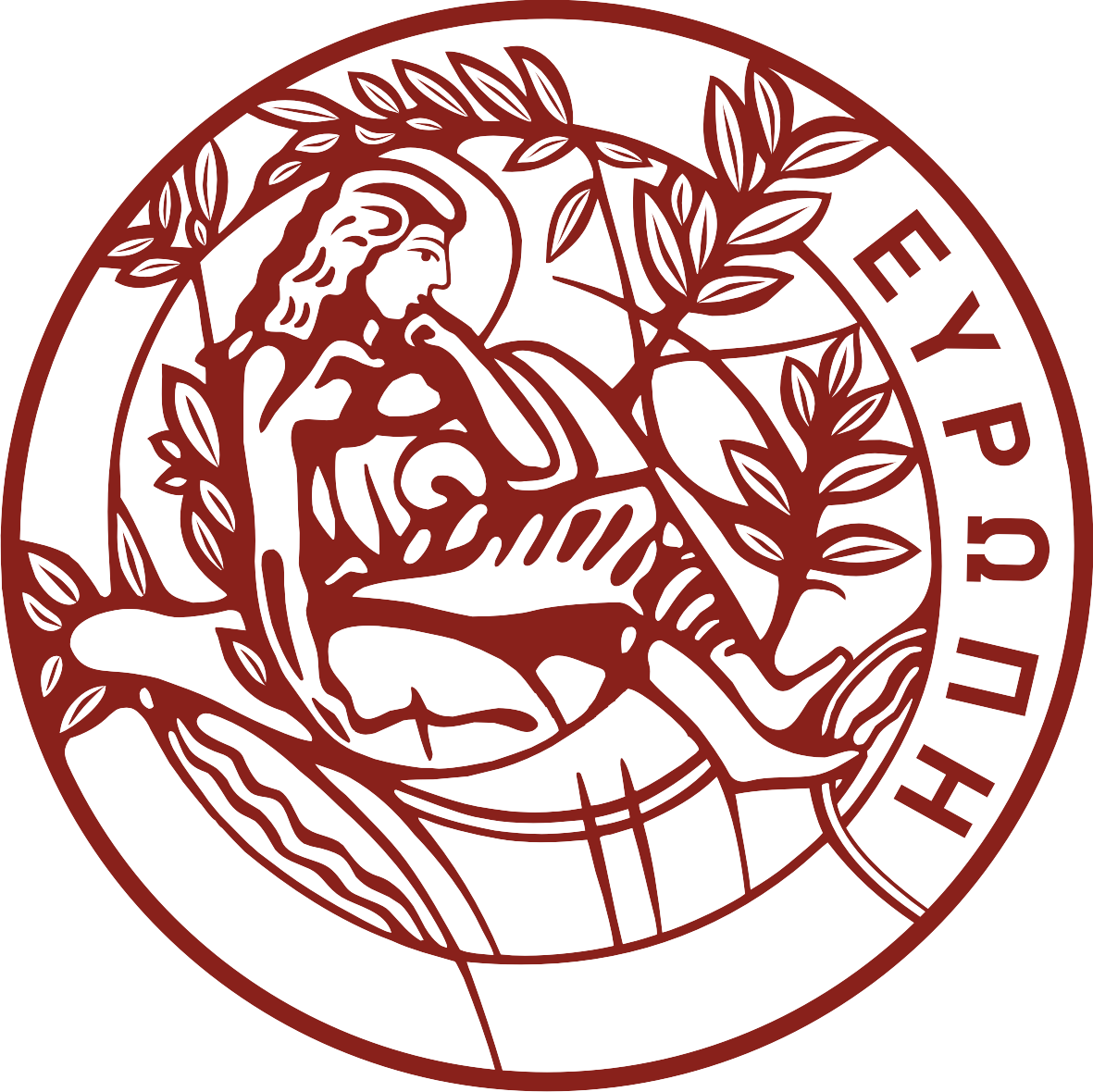Graduate Degree (M.Sc) in Computer Science and Engineering
Regulation and Master's Program in Computer Science and Engineering acad. year 2023-24A+
A-
Objectives of the Programme
The Postgraduate Studies Programme (MSc) awards:
Postgraduate Diploma (MSc) in "Computer Science and Engineering".
The aim of the MSc is to deepen the knowledge in one or two thematic areas of Computer Science and Engineering (the research areas can be found here), so that the holders of the awarded degree have increased potential to contribute to industrial research and product design.
The close collaboration that has developed between the Department and the Institute of Computer Science of the Foundation for Research and Technology (FORTH) continuously supports an excellent environment for conducting research and postgraduate education, and contributes to attracting resources and human resources, while promoting joint participation in international education and research activities, and maintaining a wide range of international partners at academic and industrial level.
All this effort is supported at postgraduate level by scholarships awarded by the University, FORTH as well as other organisations.
Thematic Areas
The Diploma of Postgraduate Studies (MSc) in "Computer Science and Engineering" is the only specialization of the MSc, organized around the following twelve (12) subject areas, divided into three (3) groups:
A. Computing Infrastructures
A1. Computer Architecture and Microelectronics
A2. Computer systems, parallel and high performance computing
A3. Computer security and distributed systems
A4. Computer networks, mobile computing, and telecommunications
B. Theory, Software and Data
B1. Algorithms and systems analysis
B2. Databases, information and knowledge management
B3. Software engineering and programming languages
B4. Artificial intelligence and machine learning
C. Computer Science and Engineering Applications
C1. Signal processing and analysis
C2. Computer vision and robotics
C3. Computr graphics and human-computer interaction
C4. Bioinformatics, medical informatics, and computational neuroscience
Expected Learning Outcomes
You can read the expected learning outcomes here.
Applied Teaching and Learning Processes
The applied teaching and learning procedures are described here
Quality Policy of the Master's Program (MPS)
See here the quality policy of the academic unit for the development and improvement of the MSc
Course evaluations by postgraduate students.
At the end of each academic semester, postgraduate students evaluate their courses. See here the results of the evaluations per academic semester.
Examination pass rates
The method of assessment for each postgraduate course is described on the individual course page.
According to the decision of the Department's Assembly, the pass rates in the postgraduate courses will be announced here at the end of each examination period starting from January 2024.
Our Graduate Programme currently operates without tuition, while most of our Graduate Students are additionally funded through fellowships granted by the University, FORTH, and other sources.
How to apply
Regarding Applications for Admission to the Master's Program see: Guide for applicants
Regulation of Studies
Regulation of the Programme of Graduate Studies in Computer Science and Engineering
Postgraduate Studies Secretariat Services
You can see the services of the Postgraduate Studies Secretariat here.
Other Learning Opportunities
In addition to the postgraduate courses, other learning opportunities (summer schools, seminars, lectures, etc.) are posted on the website announcements. You can also subscribe to relevant networks for updates (YouTube Facebook, Instagram, LinkedIn, Twitter News, Twitter announcements).
M.Sc. Thesis Report
- Please use this LaTeX template to format your M.Sc. Report
After Graduation
See the People>Alumni section and subscribe to the relevant alumni systems and networks of our Department.



 Announcements
|
News
Announcements
|
News

